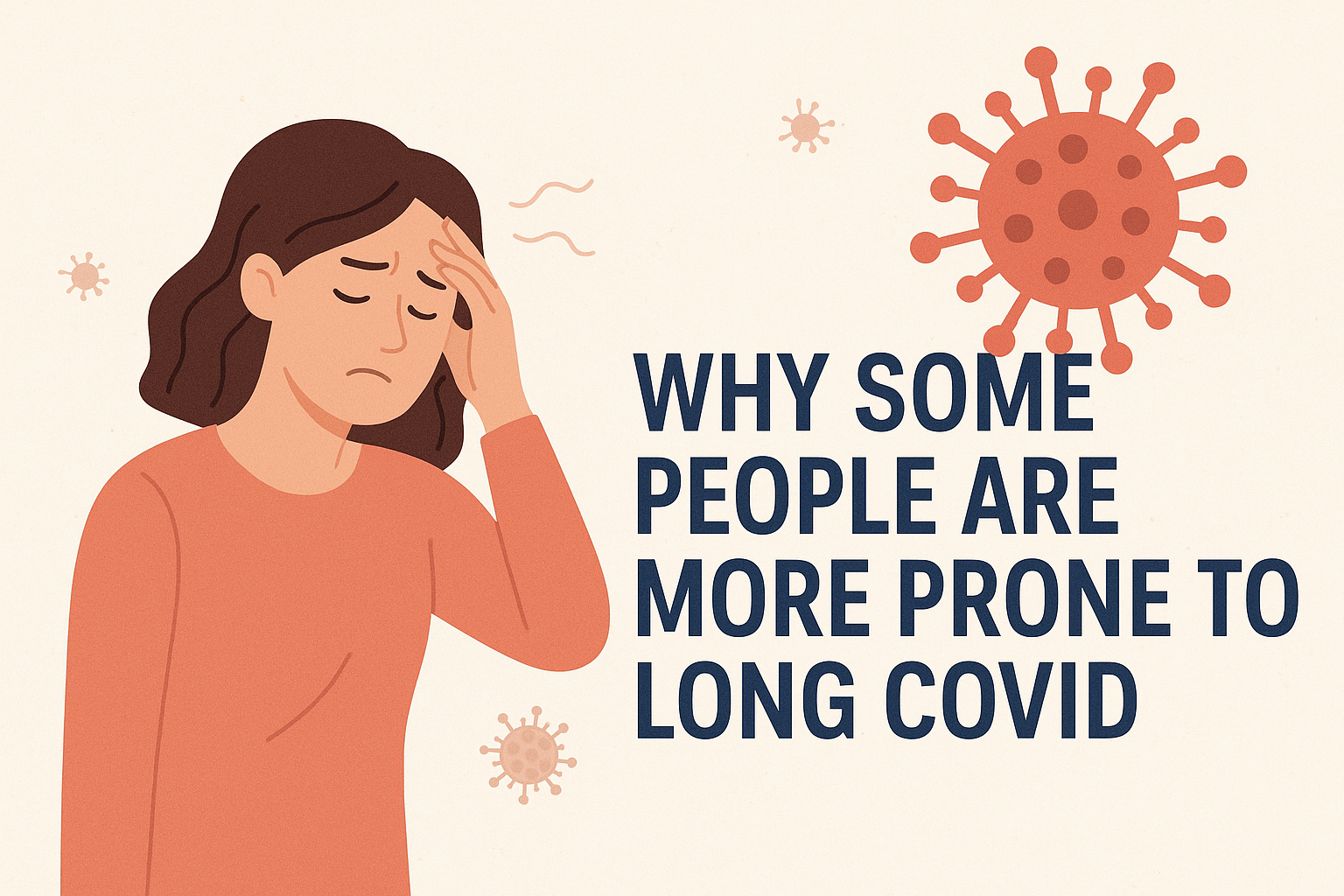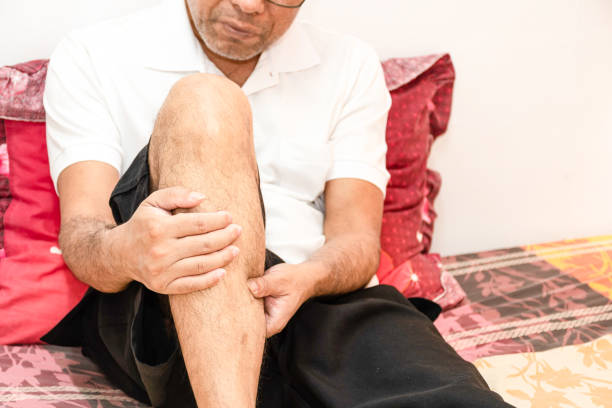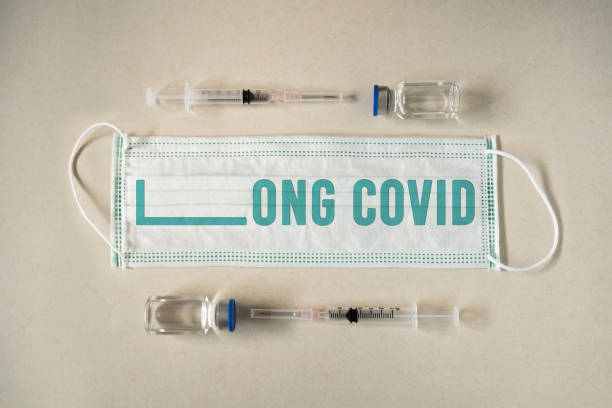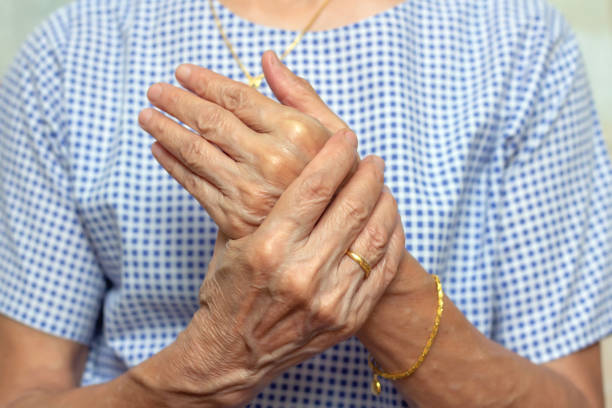Long COVID can feel like a mystery—especially when it lingers for months in some people but spares others entirely. If you’ve ever wondered why some individuals struggle to bounce back while others recover quickly, you’re not alone. Scientists have been working hard to find out what makes someone more prone to long COVID. It turns out there’s no single answer. Age, pre-existing conditions, immune response, and even gender can all influence how your body reacts to the virus. Understanding these risk factors doesn’t just help researchers—it helps us feel seen, validated, and more equipped to advocate for our own care.
Immune Response: Too Much or Too Little
Your immune system is designed to fight off viruses and keep you healthy—but with COVID-19, the immune response can sometimes go haywire. For people prone to long COVID, studies suggest the immune system may overreact during infection or fail to shut down properly afterward. This prolonged immune activity can keep inflammation high, causing ongoing symptoms like fatigue, brain fog, or joint pain. Others might experience what’s called immune exhaustion, where the system becomes too worn out to respond effectively. Either way, the immune system’s behavior plays a central role in whether COVID turns into a long-haul journey or not.
Pre-existing Conditions and Vulnerabilities
If you were already living with health challenges before catching COVID-19, your risk for long COVID may be higher. Conditions like asthma, diabetes, high blood pressure, autoimmune diseases, or even obesity can make recovery slower and more complicated. These conditions often come with chronic inflammation, which may prime the body for a tougher time with post-viral symptoms. But it’s not just physical illnesses—mental health also matters. Stress, anxiety, and depression can increase susceptibility by weakening immune resilience. So if you feel like you’ve been hit harder than others, it might be because your body was already juggling a lot.
Women and Long COVID: A Disproportionate Burden
Interestingly, long COVID seems to affect more women than men. Researchers are still digging into why, but early findings point to differences in immune system regulation and hormones like estrogen. Women tend to mount stronger immune responses, which might help during initial infection but increase the risk of long-term inflammation. There’s also evidence that women are more likely to develop autoimmune-related symptoms after viral infections. While this pattern doesn’t mean men can’t get long COVID, it highlights how gender might subtly influence our experience of the illness—and why care approaches may need to be more personalized.
Severity of Initial Infection Isn’t Everything
You might think that only people with severe COVID end up with long COVID—but that’s not always the case. In fact, many long-haulers had mild or even asymptomatic infections. What’s going on? Researchers believe that even low-grade infections can disrupt body systems in sensitive individuals. Viral fragments may linger in tissues, or the nervous system might be thrown off balance. For people who are more prone to long COVID, it’s not just about how sick they were—it’s about how their body handled the virus in subtle, complex ways. This means long COVID can affect anyone, regardless of how “bad” their infection seemed.
Genetic and Epigenetic Clues
There’s growing interest in how genetics and epigenetics may affect long COVID risk. Some people may carry genetic variants that shape how their immune system reacts to viruses or how quickly they recover from infections. Others may have epigenetic changes—modifications influenced by environment or lifestyle—that affect inflammation or immune regulation. While these factors are still being studied, they remind us that long COVID isn’t one-size-fits-all. Your unique biological makeup could explain why symptoms linger for you but not for someone else. In the future, this knowledge could help doctors predict risk and tailor treatments more precisely.
References:




